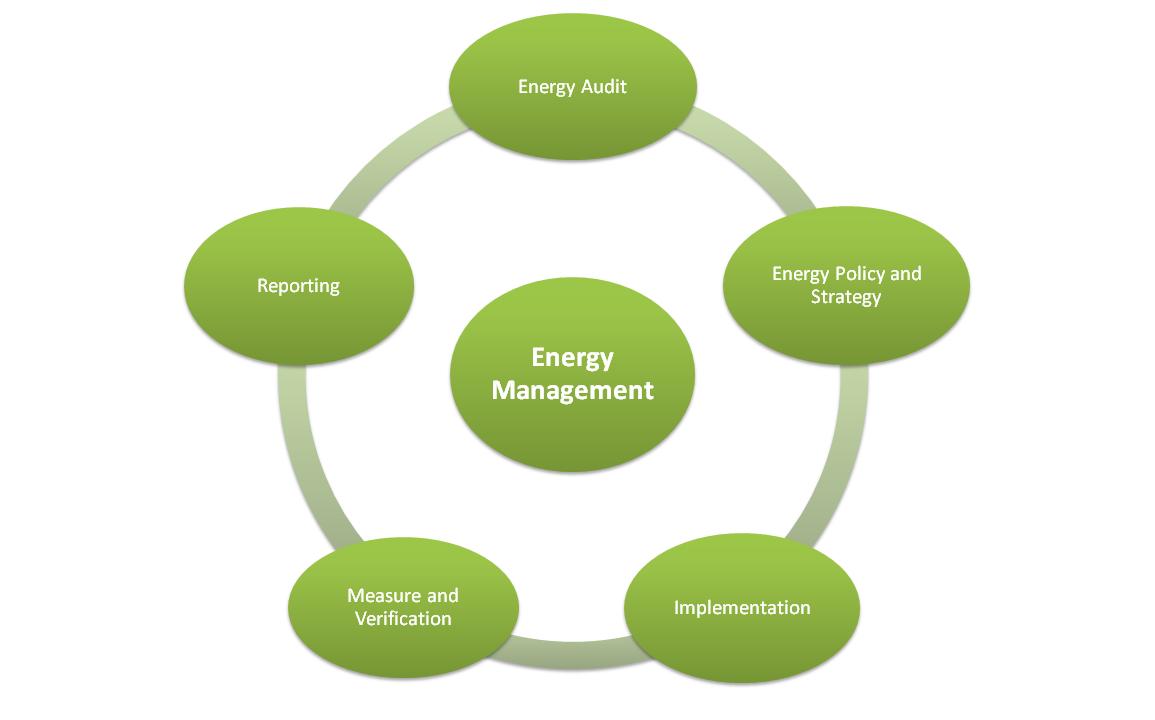Imagine this: You’re the CEO of a large organization that has made a commitment to reducing its carbon emissions. You know that your company needs to take action, but you’re not sure where to start. Sound familiar?
If this is your situation, don’t worry. We’re here to help. In this article, we’ll discuss the benefits of implementing a carbon management strategy and provide tips for getting started.
Why Carbon Management Is Important for Businesses
When it comes to climate change, business is the elephant in the room. And by “business,” we mean all businesses, both small and large.
The good news is that more and more businesses are starting to realize the importance of carbon management—that is, reducing their carbon emissions and meeting their climate goals. After all, it’s not only the right thing to do from a moral standpoint, but it’s also good for business. There are a number of benefits to implementing a carbon management strategy, including:
- Reduced energy costs
- Improved public image
- Increased competitiveness
- Enhanced sustainability
How Carbon Management Can Help Businesses Reduce Their Emissions
When it comes to reducing your emissions, it’s important to have a strategy in place—and that’s where carbon management comes in. Carbon management is the process of tracking and reducing your greenhouse gas emissions. This can include assessing your emissions, setting reduction targets, and implementing strategies to meet those targets. When done correctly, carbon management can help businesses reduce their emissions by up to 50%. That’s a significant reduction, and it can go a long way in helping businesses meet their climate goals.
The Benefits of Implementing a Carbon Management Strategy
Reducing your carbon emissions and meeting your climate goals is key to ensuring your business is sustainable in the long term. You may think that you’re too small to make a difference, but by implementing a carbon management strategy, you can make a real impact. Implementing a carbon management strategy can save your business money in the long run. Not only will you be reducing your energy bills, but you may also be eligible for government incentives or be able to sell your carbon credits.
Implementing a carbon management strategy is also good for your public image. As a responsible business, you’ll be seen as being proactive in tackling climate change and helping to reduce greenhouse gas emissions.
How to Develop a Carbon Management Strategy
When it comes to developing a carbon management strategy, there are a few key things you need to keep in mind. First, you need to establish baseline emissions data. This will give you a starting point to measure your progress.
Next, you need to set emissions reduction targets. These should be ambitious but achievable goals that will drive your team to reduce your carbon footprint. Once you have your targets in place, you need to develop a plan of action for how you’re going to achieve them. This plan should detail the specific actions you’ll take to reduce your emissions, as well as who will be responsible for each task.
Finally, you need to implement your plan and track your progress. This will help ensure that you’re on track to meet your targets and make any necessary adjustments along the way.
Conclusion
When it comes to carbon management, there are a lot of benefits for businesses to consider. Not only can it help reduce emissions and help meet climate goals, but it can also save money in the long run. There are a variety of carbon management strategies that businesses can implement, so it’s important to find the right one for your company. But, overall, carbon management is a great way to reduce your business’s impact on the environment.








